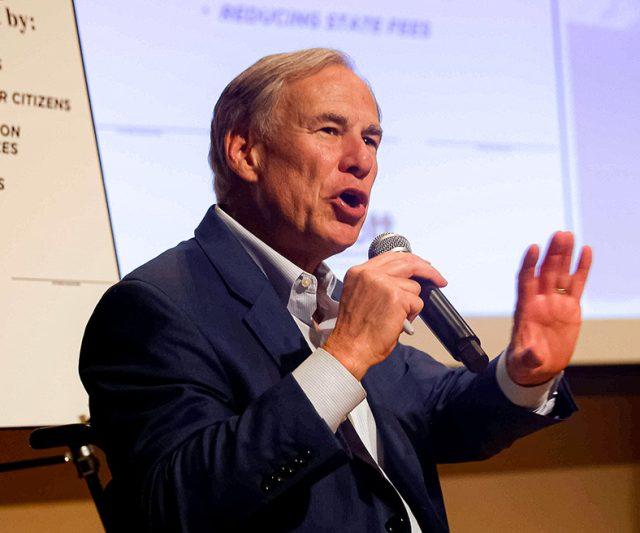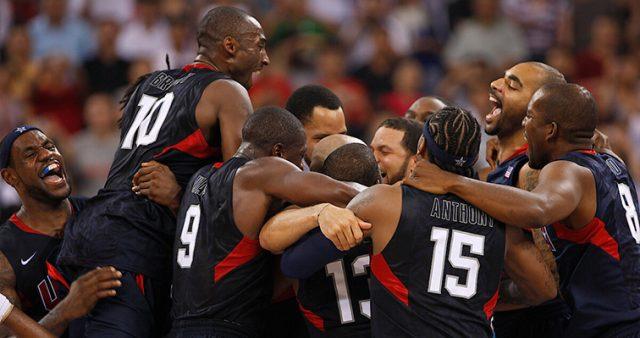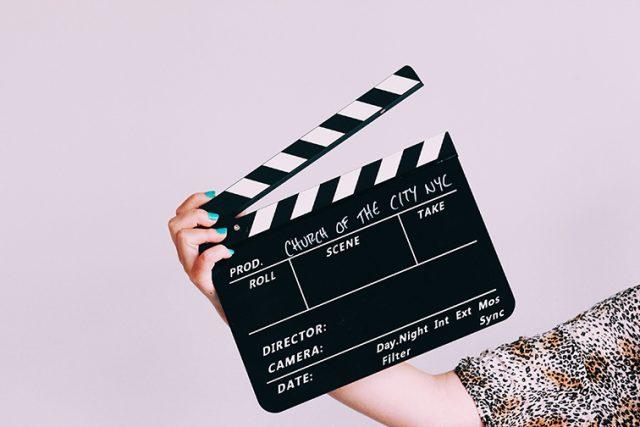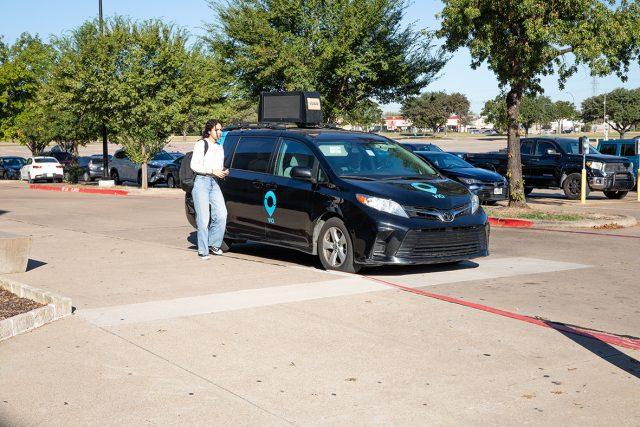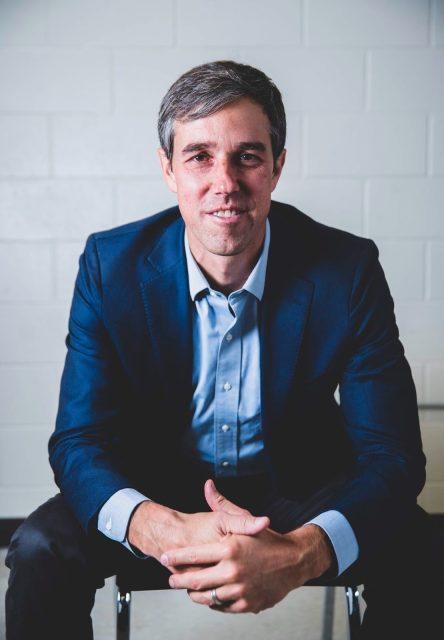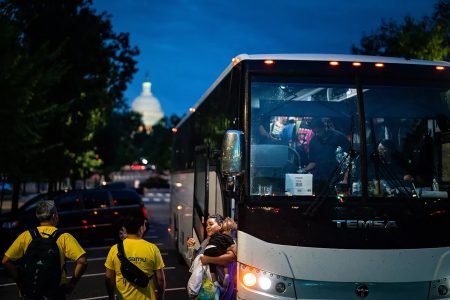
NINA BANKS
campus editor
nina.banks@my.tccd.edu
As a border state, Texas is under constant debate over how immigration will be handled. The midterm elections are less than a month away, and with most of the TCC community eligible to vote, students are capable of influencing their future.
Many students at SE Campus are immigrants themselves such as Bhavya Gireesh and are concerned about how the candidates stances on immigration may affect them.
“I think immigrants should be treated with respect, and I don’t think they should be treated like aliens,” Gireesh said. “I don’t know what resolution would be good since people are so against immigrants coming into the country [and saying] they are stealing jobs. Immigrants have the education to take that role.”
The history of the relationship between the U.S. and immigrants has been in turmoil in recent years. With xenophobic rhetoric as well as legislation being passed in recent years, such as former president Donald Trump’s border wall, the discourse of what constitutes as legal immigration has increased.
For History instructor Eric Salas, addressing topics such as immigration within the classroom is a tool to have an open dialogue.
“I hope with these discussions, my students feel comfortable to explore ideas and positions. Understanding that we are learning to create and challenge the system of things,” Salas said. “If I can demonstrate how history is relevant in our current political context, then I’ve armed my students with the potential to see the power of their collective effort.”
SE student Mahdi Hantouli immigrated from Jordan to the U.S. as a child. He acknowledged the impact xenophobic rhetoric has had.
“[The news] always manipulates the way they want [their message] to be. So they will be saying XYZ about these people being bad, but in reality it’s only 1% of them that are bad,” Hantouli said. “Whenever I see it on the news, I feel bad because why are you feeding us lies?”
Hantouli noted the difficulties he has observed through his experiences and his friends.
“There are some times where they would apply for a job and they would reject them and we would know why, because they would only hire a certain ethnicity. It limits opportunities for us to get hired and work,” Hantouli said. “Same thing for schools. Going into high end schools, they only take a certain ethnicity. You can’t just reject me because I am Arab.”
Salas discusses politics with his classes in relation to topics being taught. Many of his students are first generation or immigrants themselves. He believes in his students’ ability to impact the world.
“Many of my students are young voters or first-time voters, and I hope that these elections demonstrate the importance and impact of the youth vote,” Salas said. “When young people understand the issues, organize and vote in block, they can exact the change they hope to see.”
Gireesh said she hopes for people to share more compassion with one another in regards to immigrant relations and xenophobia.
“What if somebody said that to my parents? I wouldn’t be here and I wouldn’t have the life I have. I think people lose the idea that they are people too,” Gireesh said.



























